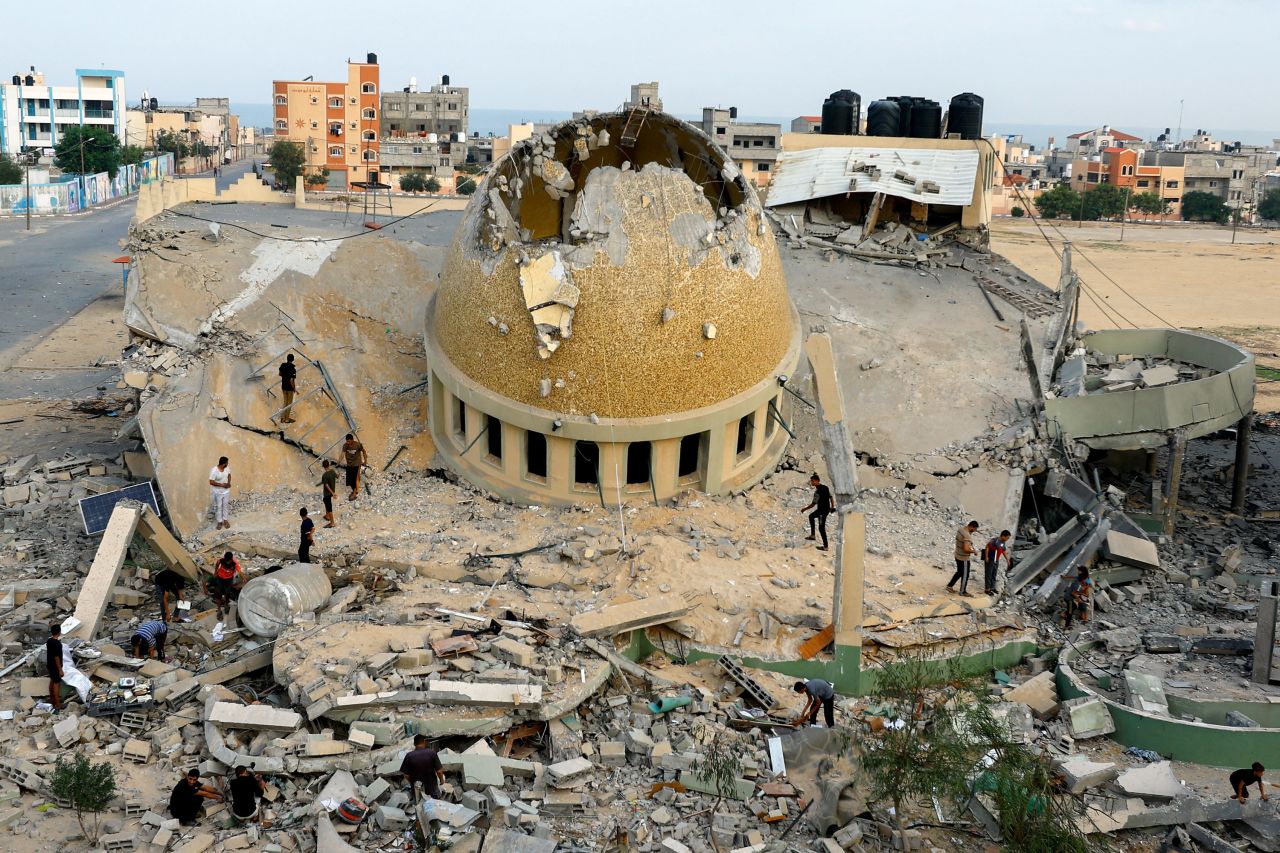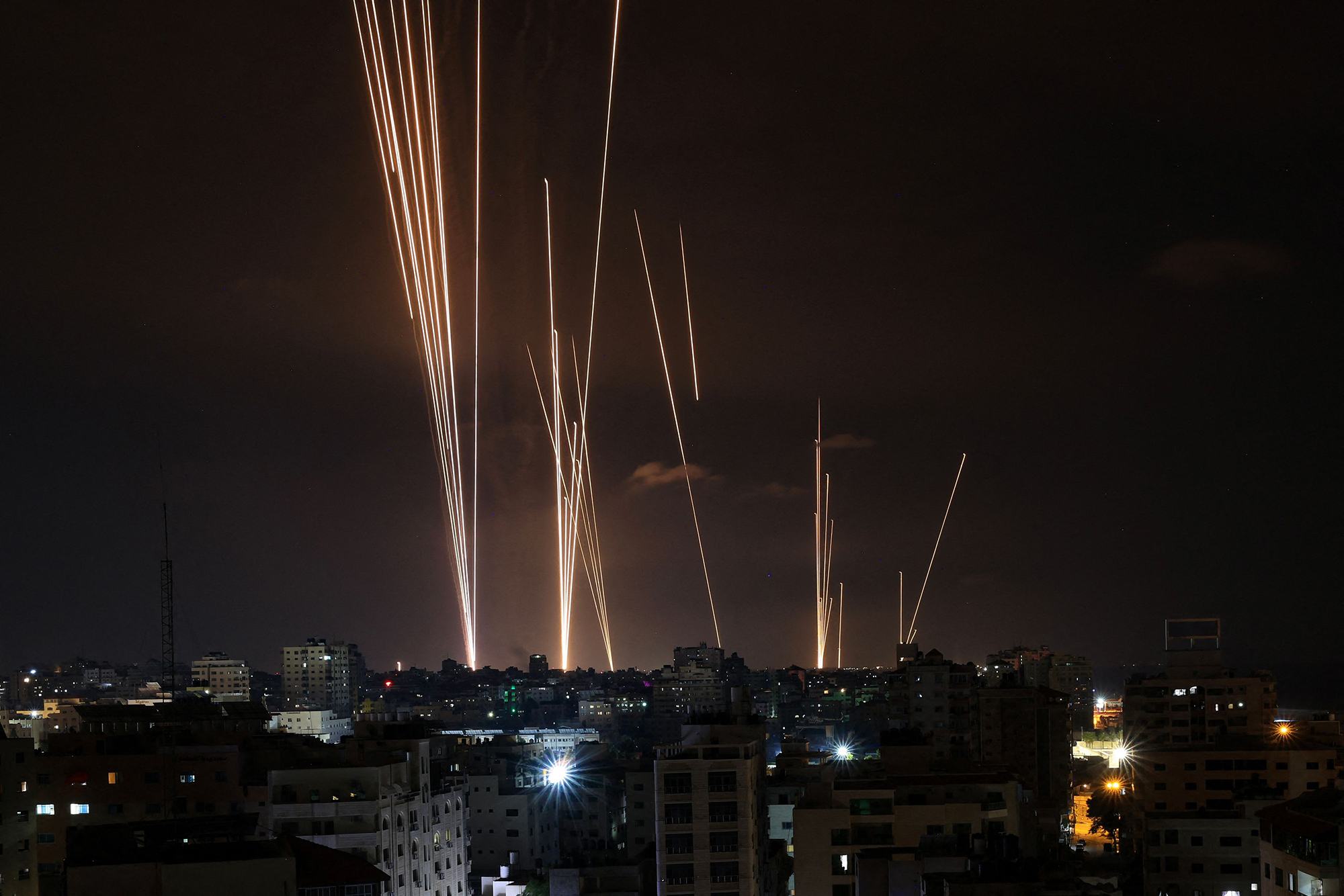Historical Context of Iran-Israel Tensions

The relationship between Iran and Israel has been marked by deep mistrust and hostility for decades, fueled by a complex interplay of historical, ideological, and geopolitical factors. This tension has its roots in the 1979 Iranian Revolution, the Iran-Iraq War, and the Israeli-Palestinian conflict, with the United States playing a significant role in shaping the dynamics between the two nations.
The 1979 Iranian Revolution and the Rise of Anti-Israel Sentiment
The 1979 Iranian Revolution, which saw the overthrow of the Shah’s regime and the establishment of an Islamic Republic, marked a turning point in Iran’s relationship with Israel. The revolution’s leaders, led by Ayatollah Ruhollah Khomeini, were staunchly opposed to Israel’s existence and viewed it as a Western-backed entity that had usurped Palestinian land. This sentiment was fueled by the Shah’s close ties with Israel, which had provided military and intelligence support to his regime. The revolution’s success led to the severing of diplomatic ties between Iran and Israel, and the new Iranian government actively supported Palestinian militant groups.
The Iran-Iraq War and the Escalation of Tensions
The Iran-Iraq War (1980-1988) further escalated tensions between Iran and Israel. Israel, concerned about Iran’s growing military capabilities and its support for Palestinian groups, provided covert assistance to Iraq during the war. Iran, in turn, accused Israel of supplying chemical weapons to Iraq and of actively aiding Saddam Hussein’s regime. This covert support by both sides deepened the existing animosity and fueled a sense of distrust.
The Israeli-Palestinian Conflict and the Role of Iran
The Israeli-Palestinian conflict has been a major source of tension between Iran and Israel. Iran has consistently condemned Israel’s occupation of Palestinian territories and has provided financial and military support to Palestinian militant groups, including Hamas and Islamic Jihad. Israel, for its part, views Iran’s support for Palestinian militants as a direct threat to its security and has accused Iran of seeking to destroy Israel.
The United States and the Iran-Israel Relationship, Iran attack israel israeli
The United States has played a significant role in shaping the relationship between Iran and Israel. The US has been a staunch ally of Israel and has provided it with billions of dollars in military and economic aid. The US has also been involved in numerous diplomatic efforts to resolve the Israeli-Palestinian conflict, which has often been a source of tension between Iran and Israel. The US’s close relationship with Israel has been a major source of friction with Iran, which views the US as a biased mediator in the Israeli-Palestinian conflict.
Key Events Contributing to Current Tensions
Several key events have contributed to the current tensions between Iran and Israel. These include:
- Iran’s nuclear program, which Israel has viewed as a potential threat to its security.
- Iran’s support for militant groups in the region, such as Hezbollah in Lebanon and Hamas in Gaza.
- Israel’s military strikes on Iranian targets in Syria, which Iran has condemned as acts of aggression.
- The assassination of Iranian nuclear scientist Mohsen Fakhrizadeh in 2020, which Iran blamed on Israel.
Military and Strategic Considerations: Iran Attack Israel Israeli

A comprehensive analysis of the military capabilities of Iran and Israel, along with their strategic objectives in the region, is crucial for understanding the potential implications of a military conflict between the two nations. This analysis will highlight the strengths and weaknesses of each nation’s military, contrasting their strategic goals and exploring the potential consequences of a confrontation.
Military Capabilities
The military capabilities of Iran and Israel differ significantly, with each possessing unique strengths and weaknesses.
- Iran boasts a large and diverse military force, including a substantial ground force, a formidable air force, and a growing navy. Its military doctrine emphasizes asymmetric warfare, utilizing unconventional tactics and weapons, such as ballistic missiles and drones, to offset its technological disadvantage. Iran’s vast oil and gas reserves provide a significant economic advantage, enabling it to sustain a long-term conflict. However, Iran’s military suffers from limitations in terms of technology, logistics, and training compared to Israel.
- Israel, on the other hand, possesses a highly sophisticated and technologically advanced military, renowned for its air power, intelligence capabilities, and cyberwarfare expertise. Its military doctrine prioritizes deterrence and preemptive strikes, emphasizing swift and decisive actions to minimize casualties and achieve its objectives. Israel’s close relationship with the United States provides access to advanced weaponry and intelligence sharing, bolstering its military capabilities. However, Israel’s relatively small population and limited resources necessitate careful resource allocation and strategic planning.
Strategic Objectives
The strategic objectives of Iran and Israel in the region are fundamentally opposed, leading to a persistent state of tension.
- Iran seeks to expand its influence in the Middle East, promoting its Shia Islamic ideology and challenging US dominance in the region. Its strategic objectives include supporting allied groups in Lebanon, Syria, Iraq, and Yemen, as well as developing a regional deterrent capability through its ballistic missile program.
- Israel, meanwhile, prioritizes its security and seeks to maintain its regional dominance. Its strategic objectives include preventing Iran from acquiring nuclear weapons, deterring Iranian-backed militant groups, and maintaining its military superiority in the region. Israel’s strategic focus is on protecting its borders, ensuring its economic prosperity, and safeguarding its Jewish identity.
Implications of a Military Conflict
A military conflict between Iran and Israel would have far-reaching implications, potentially escalating into a wider regional conflict with unpredictable consequences.
- Regional Escalation: A military confrontation could trigger a chain reaction, involving other regional actors such as Saudi Arabia, the United Arab Emirates, and Turkey. This could lead to a proxy war, with various factions and groups engaging in armed conflict across the Middle East.
- Humanitarian Crisis: A protracted conflict would likely result in a significant humanitarian crisis, with widespread displacement, civilian casualties, and disruptions to essential services. The conflict could also exacerbate existing tensions and instability in the region.
- Global Impact: The conflict could have a significant impact on global energy markets, as Iran is a major oil producer. The disruption of oil supplies could lead to price volatility and economic instability worldwide. The conflict could also have geopolitical implications, affecting global alliances and security arrangements.
Regional and International Implications

The potential for an Iran-Israel conflict extends far beyond the immediate actors, with significant ramifications for the broader Middle East region and the global geopolitical landscape. This conflict has the potential to escalate tensions, destabilize the region, and draw in other international powers, creating a complex and volatile situation.
Impact on the Middle East
The potential for an Iran-Israel conflict has far-reaching implications for the Middle East, a region already grappling with numerous challenges.
- Increased Instability: A conflict between Iran and Israel could ignite regional instability, potentially leading to wider conflicts involving neighboring countries. This could further destabilize fragile states, exacerbate existing tensions, and create a climate of fear and uncertainty.
- Humanitarian Crisis: A conflict could result in significant civilian casualties and displacement, creating a humanitarian crisis requiring international assistance. This would put a strain on resources and potentially exacerbate existing humanitarian challenges in the region.
- Economic Disruption: A conflict would disrupt vital trade routes and energy supplies, impacting regional and global economies. This could lead to increased energy prices, supply chain disruptions, and economic instability.
- Rise of Extremist Groups: The conflict could provide an opportunity for extremist groups to gain influence and expand their operations, further destabilizing the region and posing a threat to international security.
Iran attack israel israeli – The recent escalation of tensions between Iran and Israel, with both sides engaging in a series of cyberattacks and military posturing, has brought the region to a delicate tipping point. While the world watches with bated breath, a different kind of competition is unfolding on a global stage: the climbing olympics 2024 , where athletes from around the world will showcase their strength, agility, and mental fortitude.
This peaceful pursuit of excellence stands in stark contrast to the volatile situation in the Middle East, reminding us of the power of sport to unite and inspire, even amidst conflict.
The recent tensions between Iran and Israel have understandably drawn global attention, highlighting the complexities of the Middle East. However, amidst these geopolitical anxieties, a different kind of competition is heating up: the sport climbing olympics 2024 , which will see athletes from across the globe pushing their physical and mental limits.
This global sporting event serves as a reminder that even in times of conflict, humanity’s drive for excellence and camaraderie persists, providing a much-needed platform for international cooperation and understanding.